Aggressive tariffs and constant policy changes from the new US administration are creating a major challenge for Asian fund managers: how to protect their portfolios from unpredictable market fluctuations.
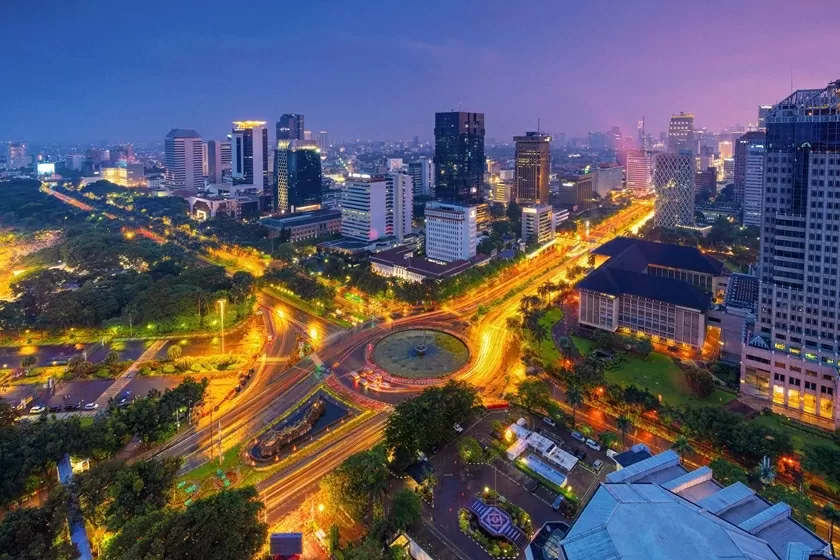 |
| Aggressive tariffs and constant policy changes from the new US administration pose major challenges for Asian fund managers. (Source: The Jakarta Globe) |
A series of announcements from US President Donald Trump in the first weeks of his term targeting countries such as Canada, Mexico and China have roiled financial markets, from Treasury bonds to oil to bitcoin, making it harder than ever to choose investments based on long-term fundamentals.
To counter this volatility, Asian investors are looking for assets that can withstand the growing global trade tensions. Some options include promising Chinese tech companies (like DeepSeek), high-yielding stocks in Singapore, Australia and countries with strong domestic markets, as well as Indian government bonds.
"Chinese stocks have been through a rough patch, but we still see many potential investment opportunities. DeepSeek has sparked interest in China's promising technology sector," said Joanne Goh, senior analyst at DBS Bank Ltd. in Singapore.
“In the current volatile market environment, we prefer Singapore and Australia markets due to their high returns and trading diversity,” said Sat Duhra, an analyst at Janus Henderson Investors in Singapore. He also expressed support for China’s highly profitable state-owned enterprises.
But money managers say another strategy to mitigate tariff risks is to invest in countries with large domestic markets and less reliance on exports. India and Indonesia both have large domestic markets and growth trajectories that are less affected by international trade fluctuations, making them more resilient, said Manish Bhargava, CEO of Straits Investment Management in Singapore.
According to data from the World Bank (WB), India's exports will account for about 21.9% of its gross domestic product (GDP) in 2023, while Indonesia's exports will be 21.8%. Meanwhile, the world's ratio is 29.3%, while Singapore - a country with a heavily trade-dependent economy - has a ratio of more than 170%. These figures show that India and Indonesia have large domestic markets and are less affected by global trade fluctuations.
India also offers another asset class that could potentially protect investors from growing global trade disputes: government bonds. The country’s debt looks attractive over the medium term, thanks to its strong economic fundamentals and attractive real yields, said Murray Collis, director at Manulife Investment Management in Singapore. He also pointed out that the US is less likely to impose tariffs on India given its smaller trade deficit compared to other countries in the region.
Data compiled by Bloomberg show that Indian government bonds held by foreign investors are set to rise 6.8% in 2024, far outpacing the 2% gain for emerging markets as a whole.
“Our strategy is to prepare for greater volatility,” said Louis Luo, head of multi-asset investment solutions for Greater China at abrdn plc in Hong Kong, adding that the cycle of “escalation, retaliation, negotiation and de-escalation” will continue to create more volatility in the coming period.
Source: https://baoquocte.vn/cac-nha-quan-ly-quy-dau-tu-chau-a-dau-dau-vi-thue-quan-my-303717.html


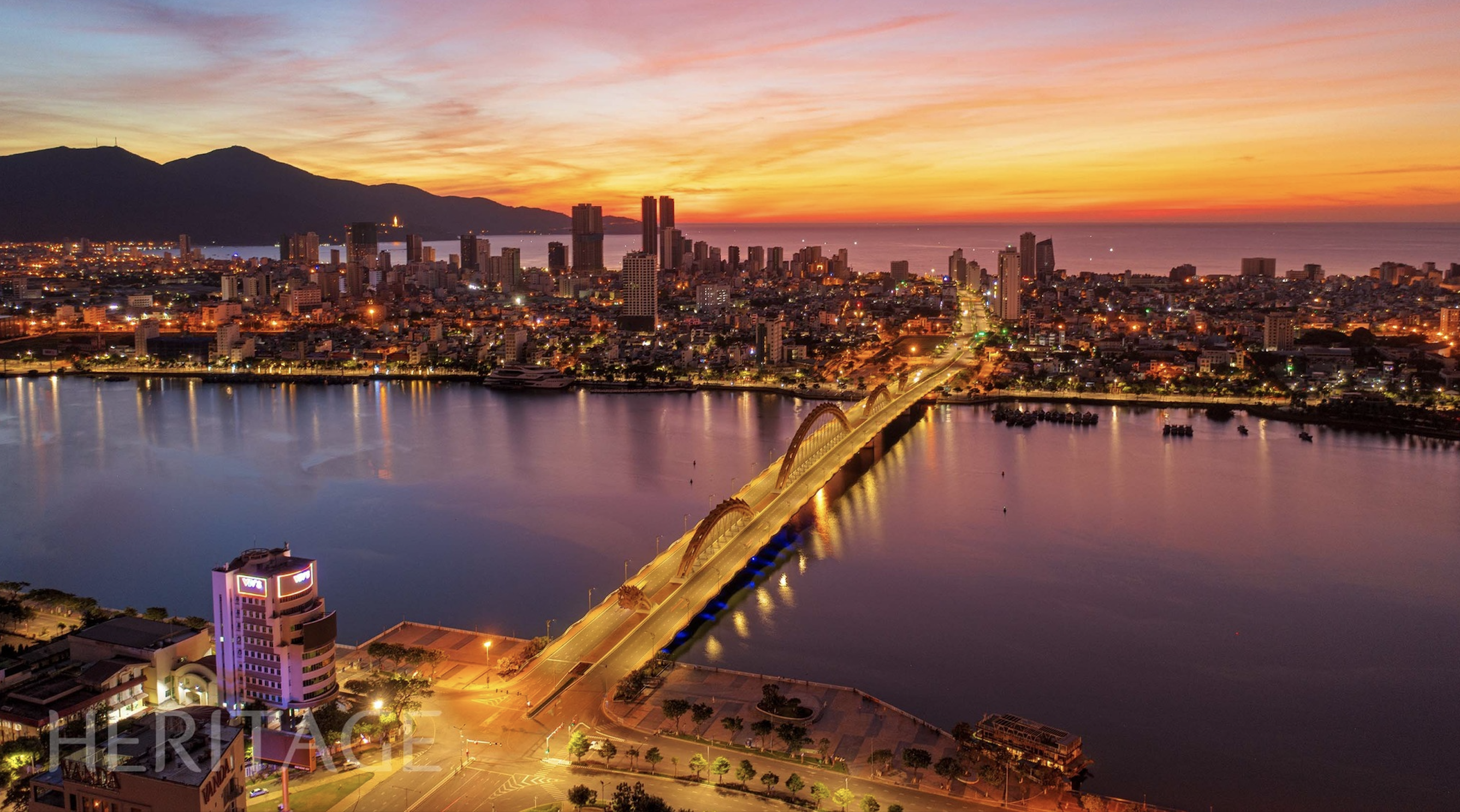







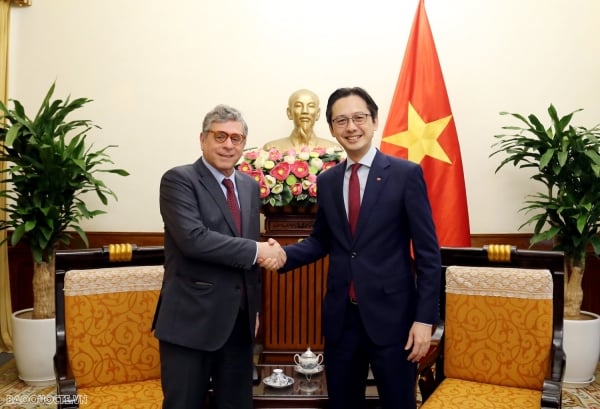


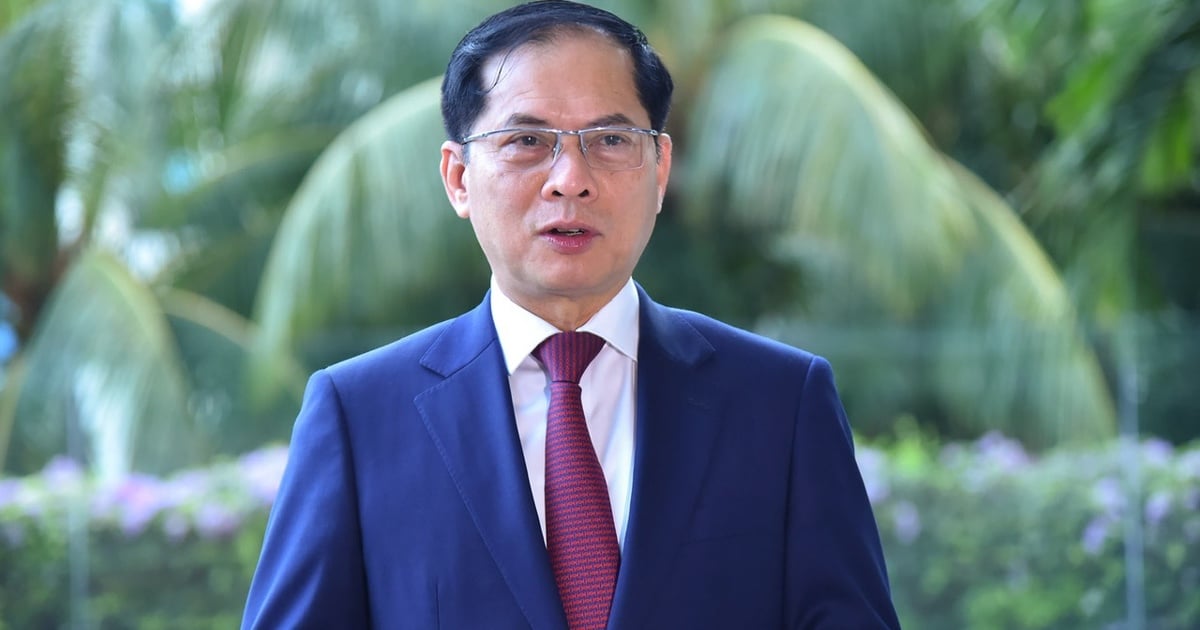





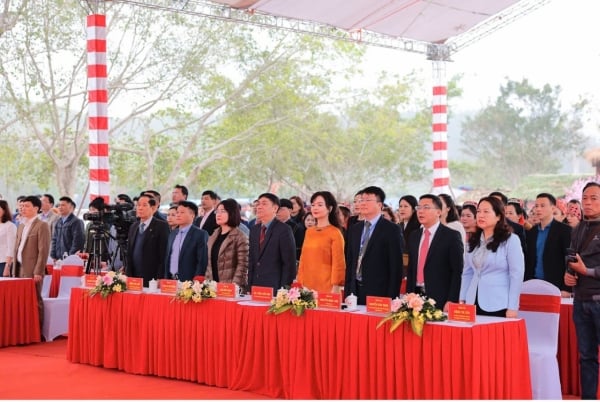
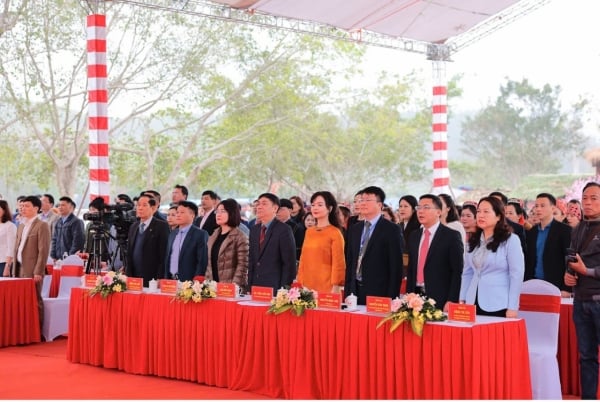

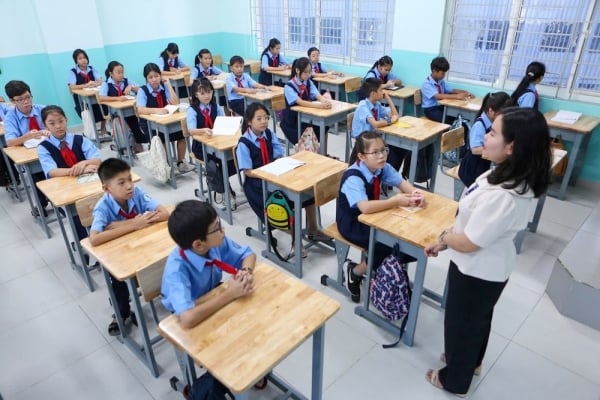
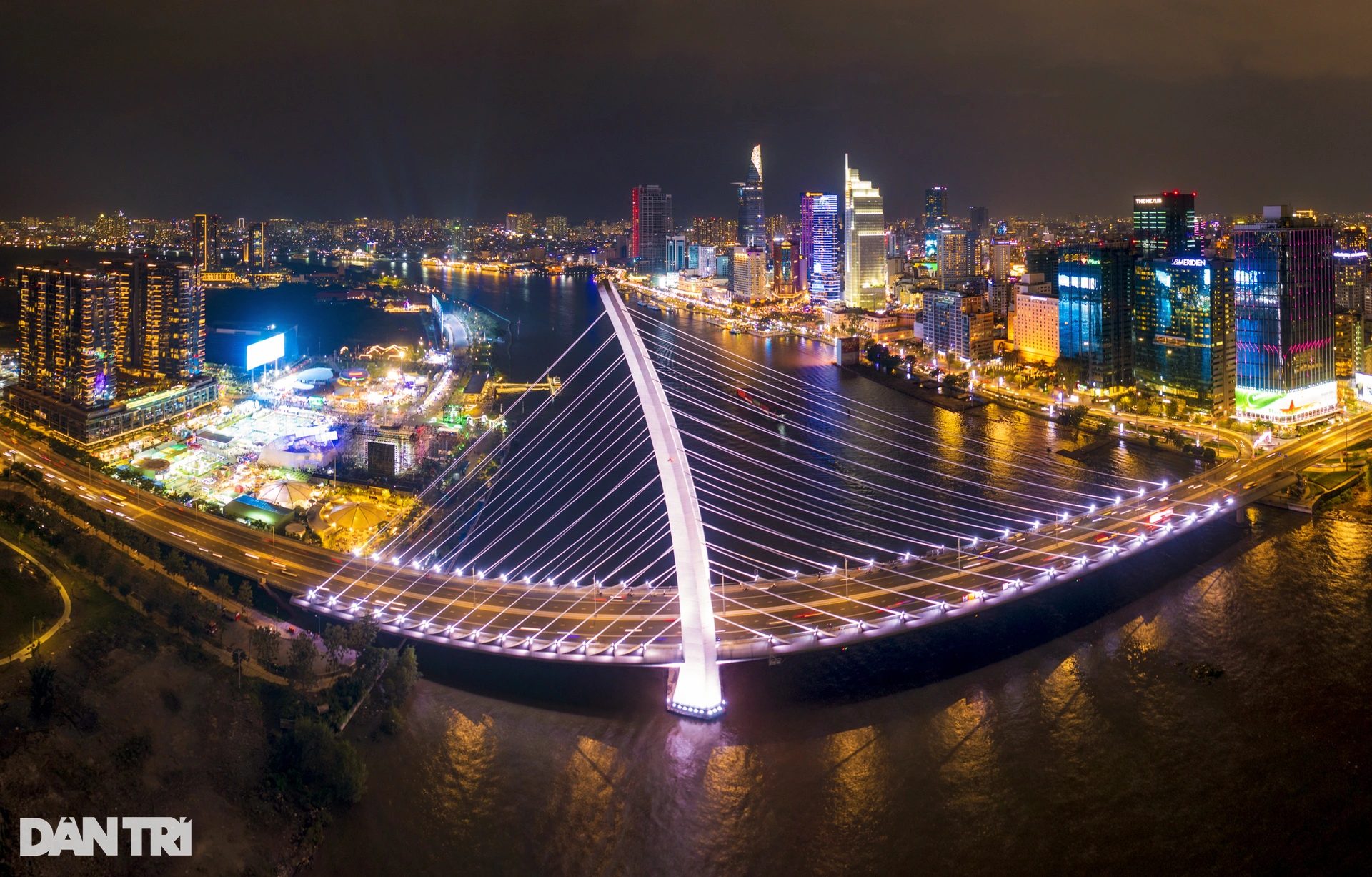





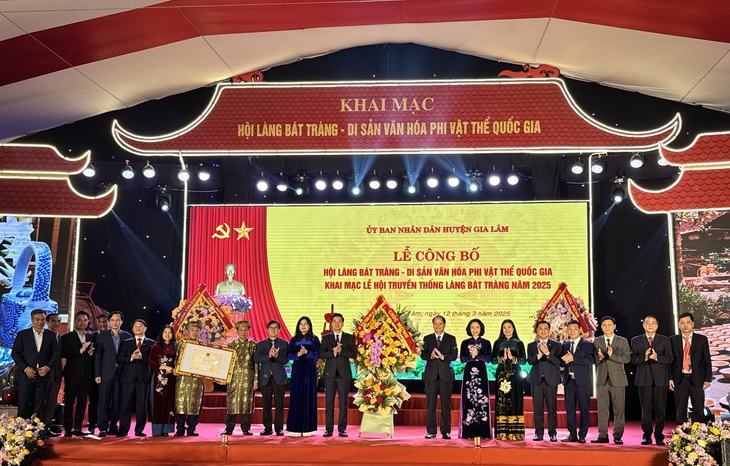























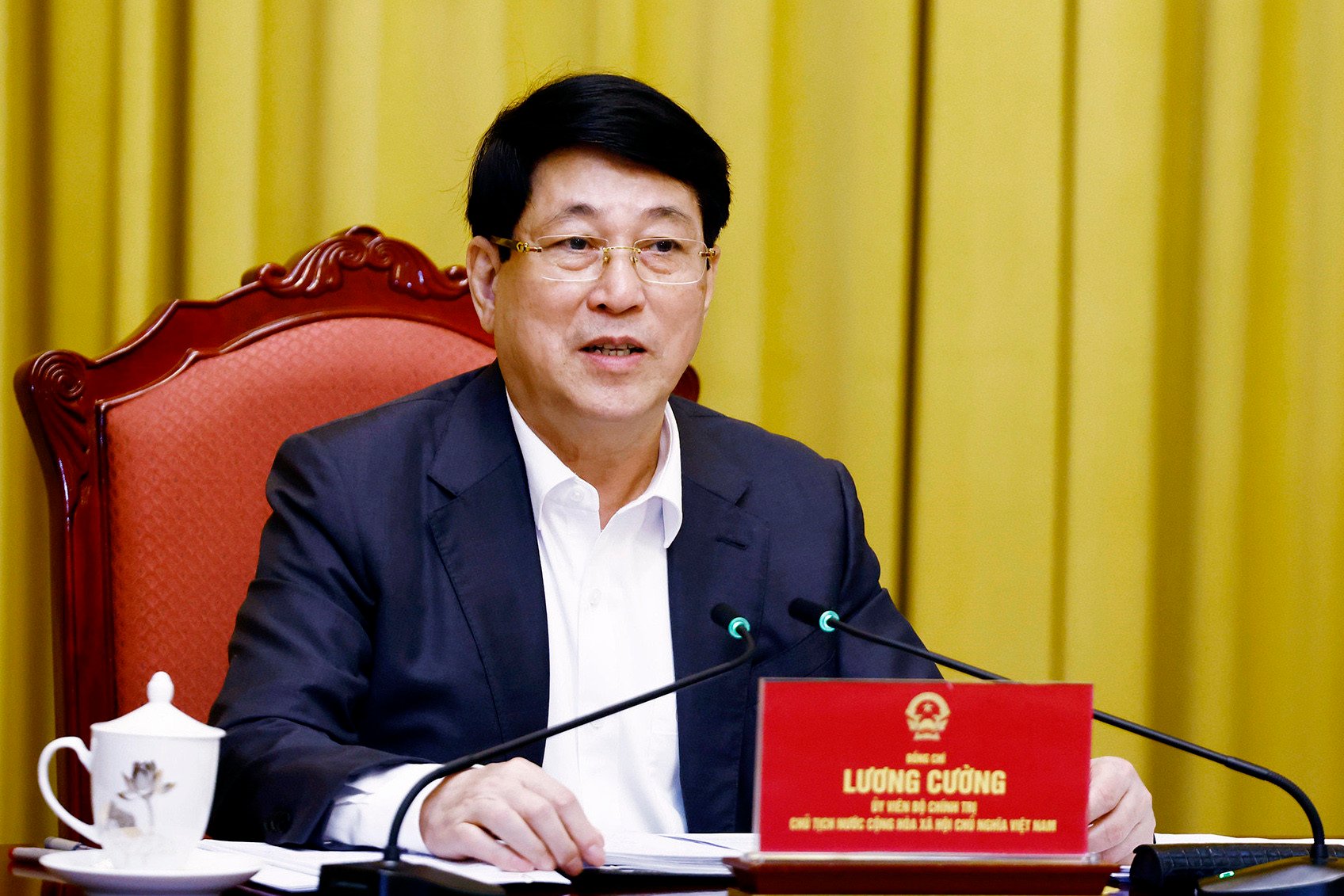
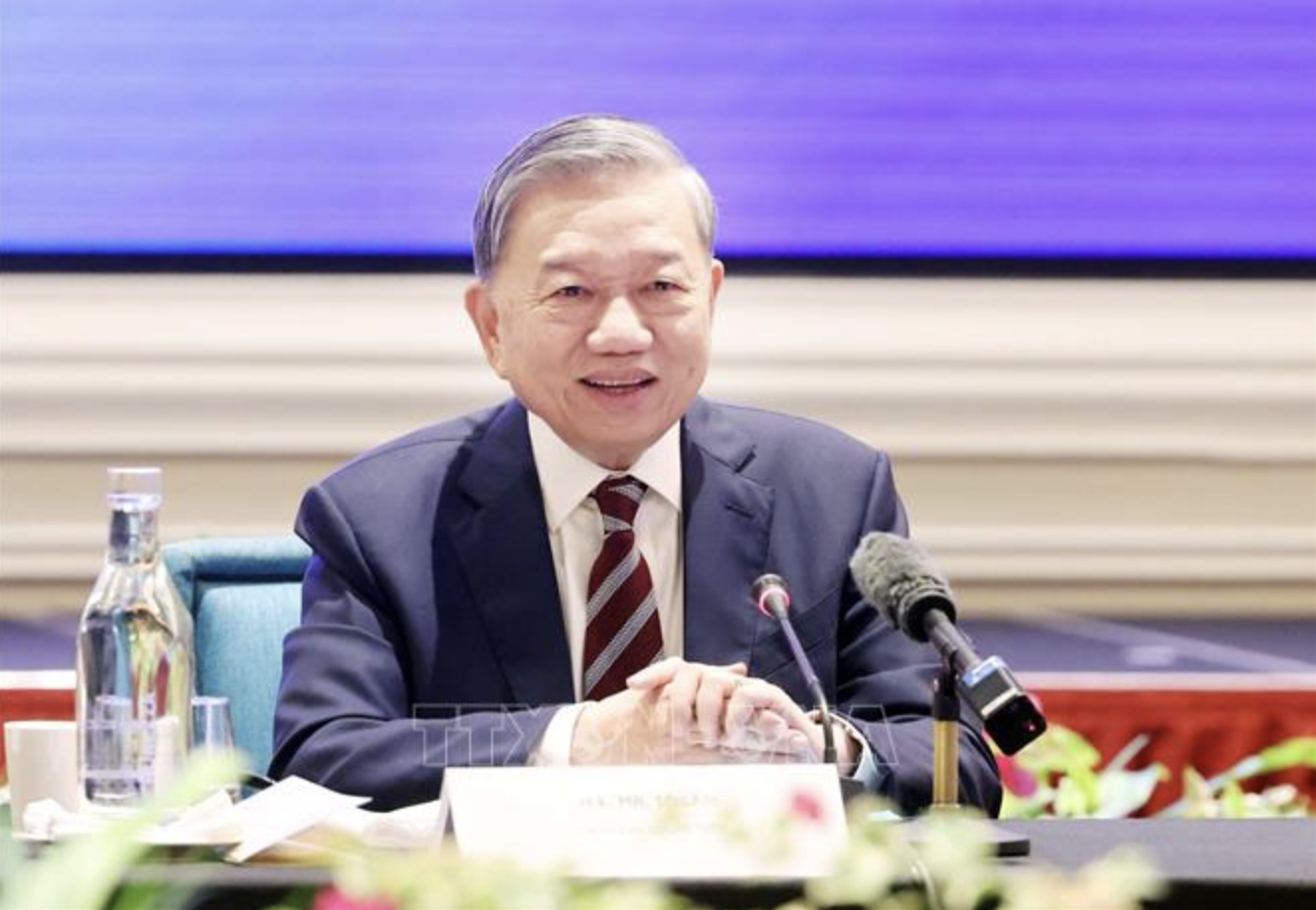


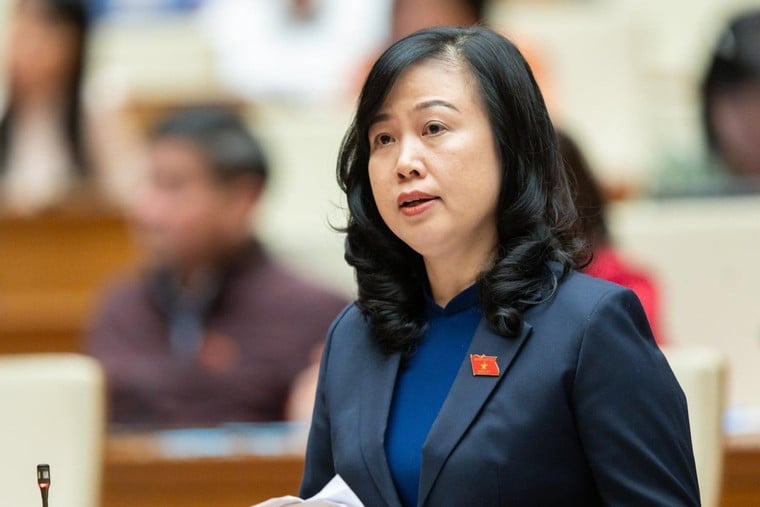
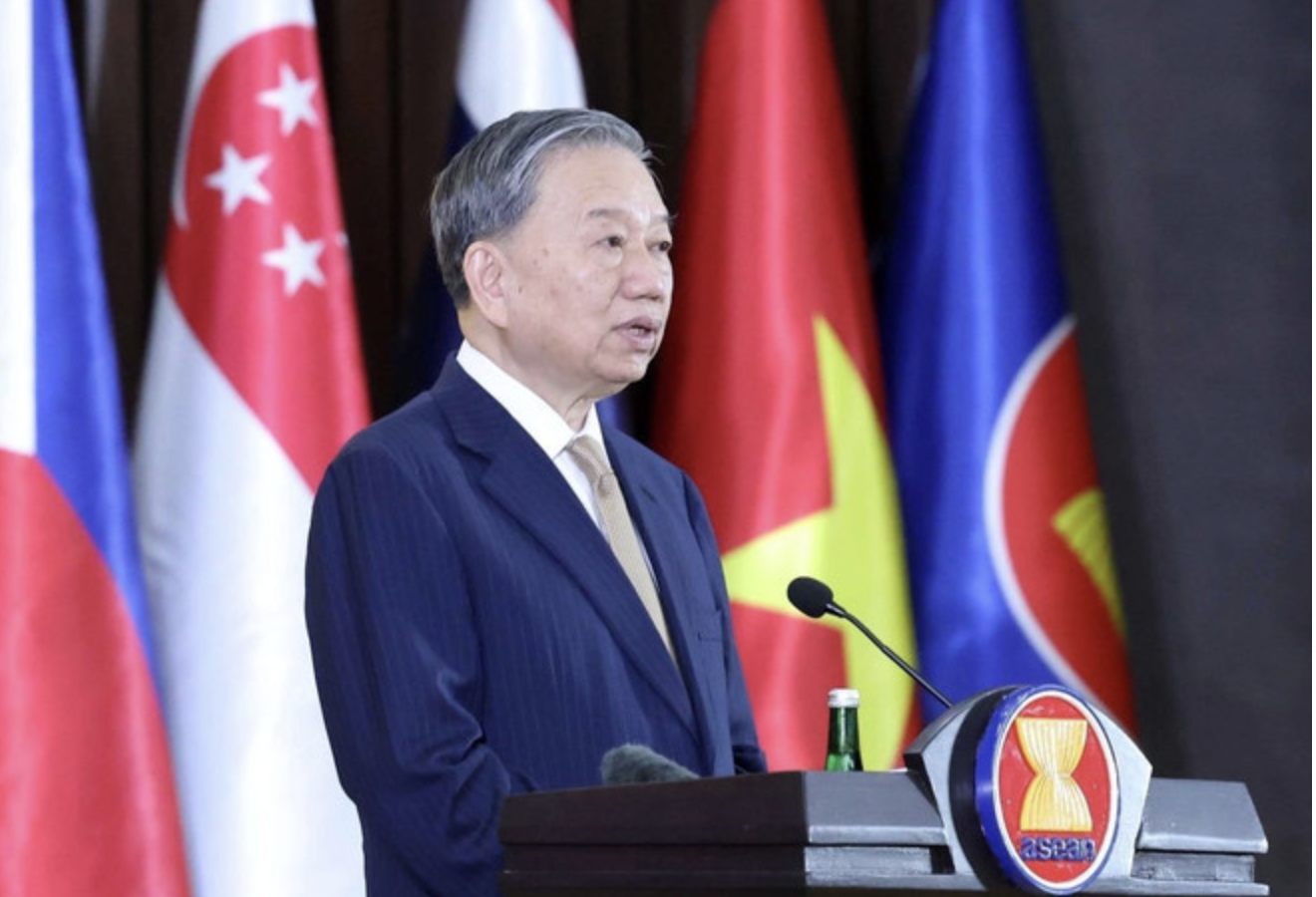



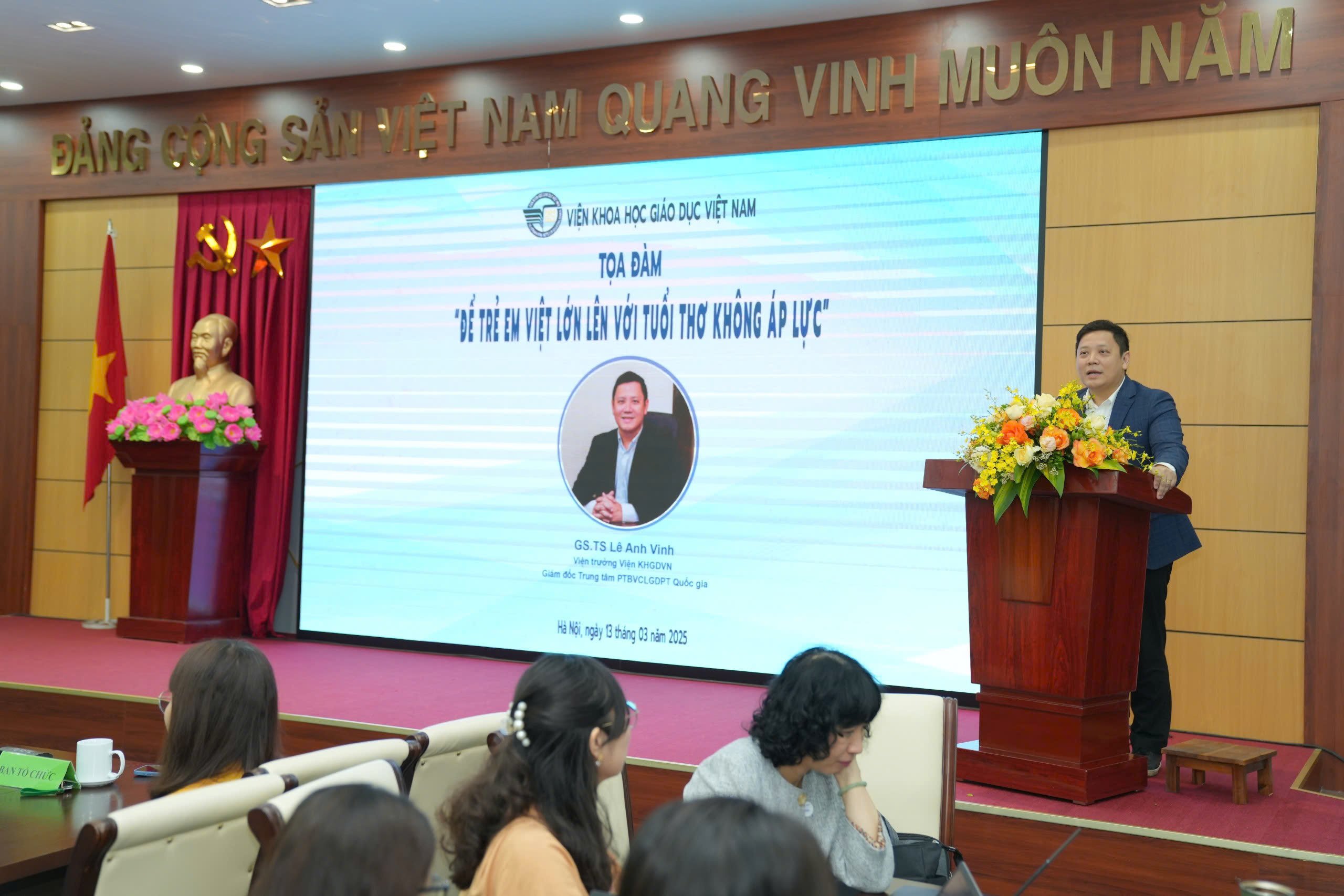














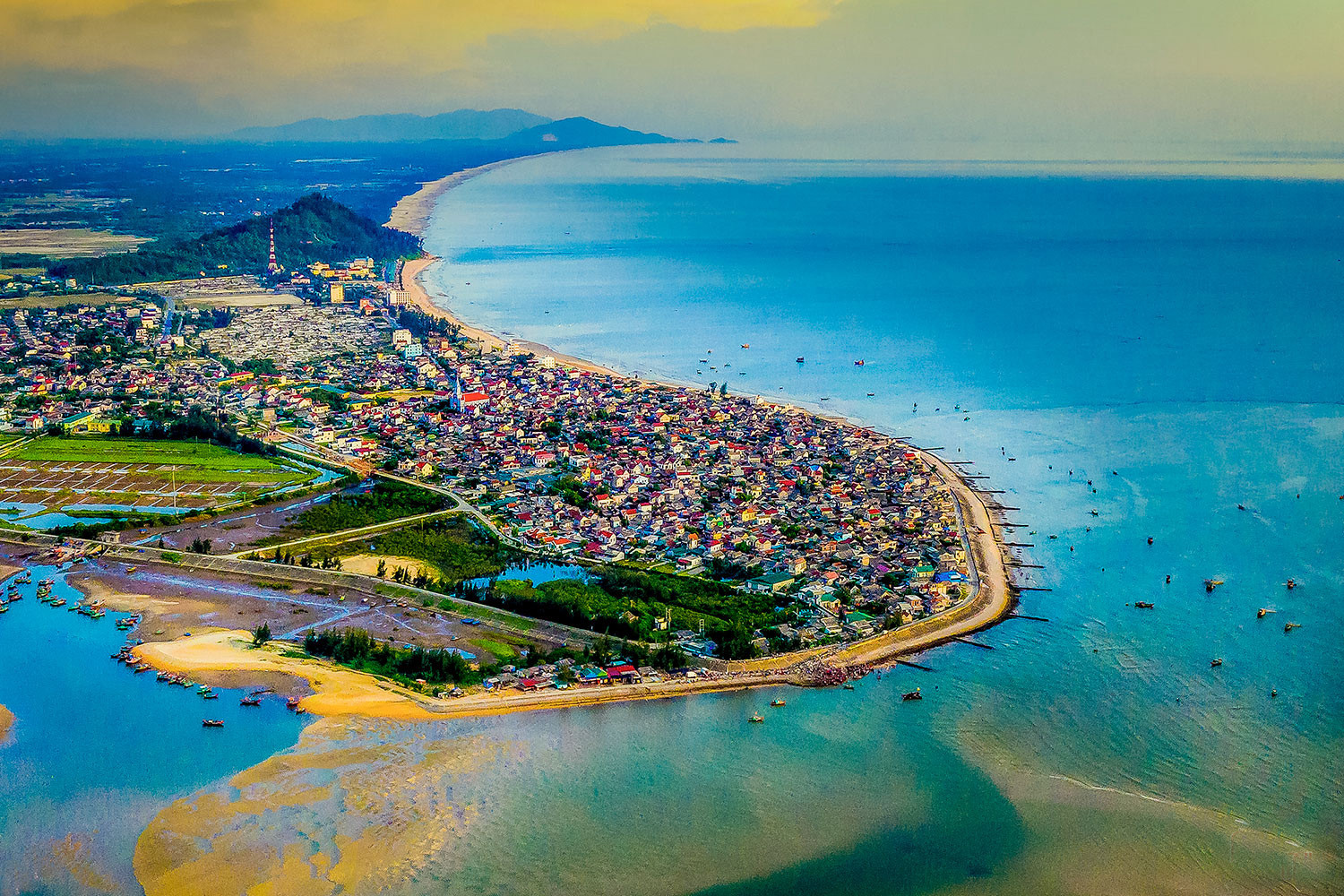




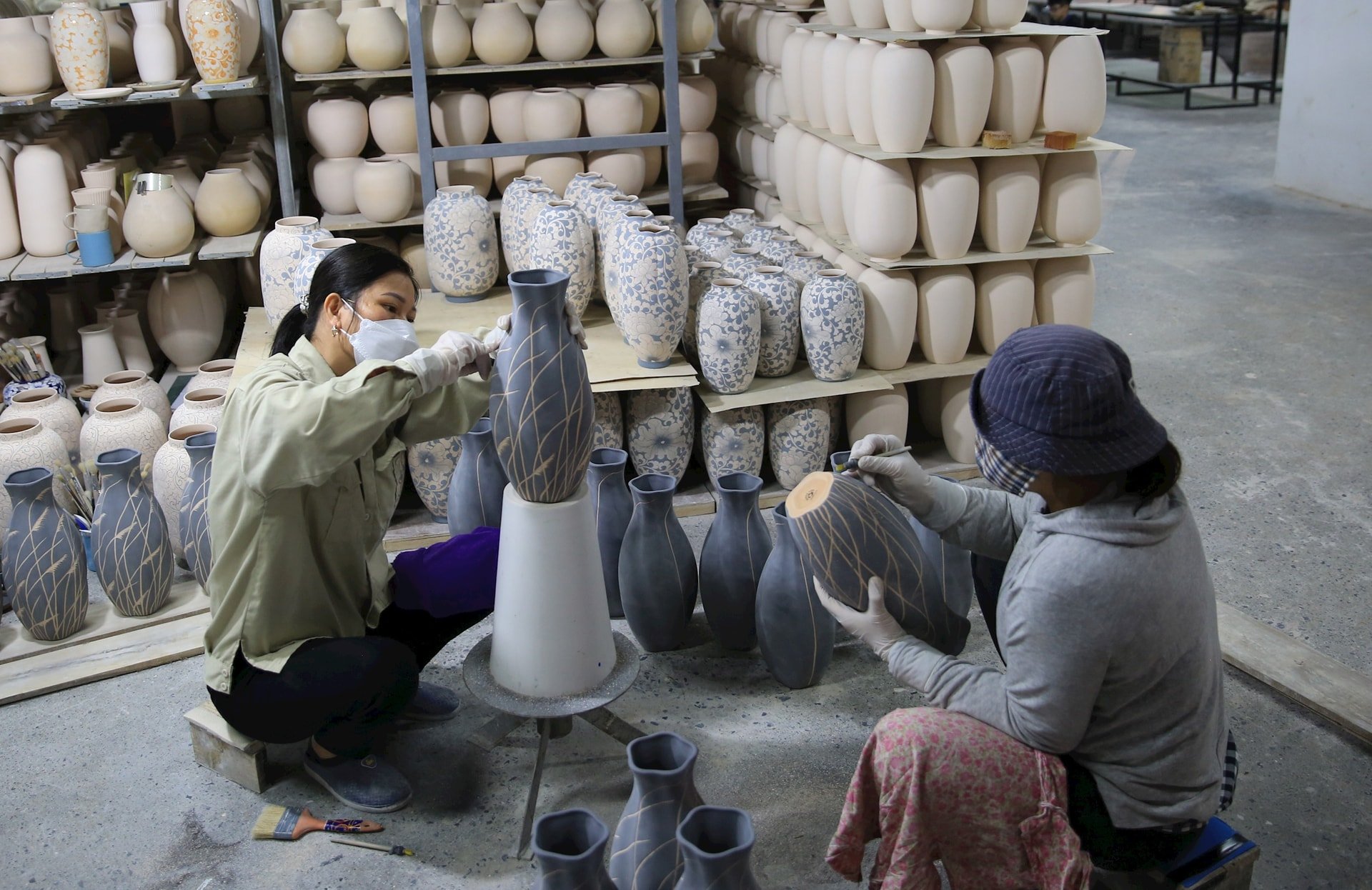



Comment (0)